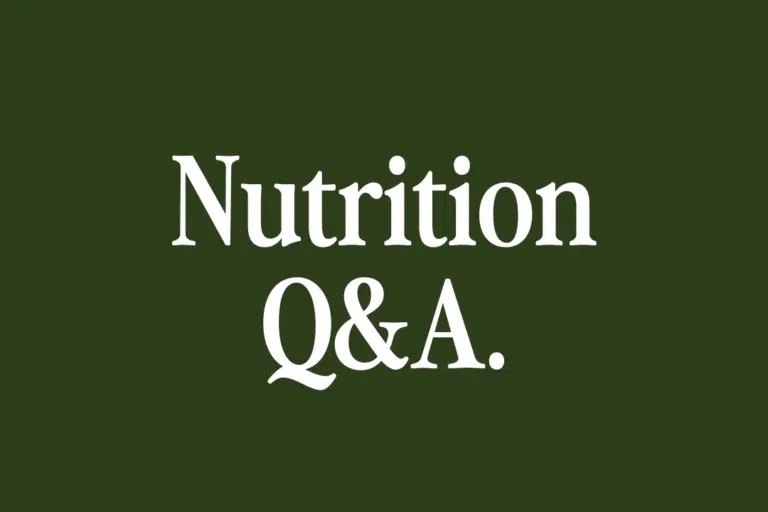Let’s Talk About Omega 3
Omega 3 fatty acids are essential fats that play a crucial role in maintaining our health with many benefits. Among the different types of omega-3s, eicosapentaenoic acid (EPA) and docosahexaenoic acid (DHA) are particularly important. Both EPA and DHA are primarily found in fish and seafood and offer unique benefits that contribute to our overall well-being.
What is EPA?
EPA, or eicosapentaenoic acid, is an omega-3 fatty acid known for its anti-inflammatory properties. It is crucial in reducing inflammation in the body, which can help manage and prevent chronic diseases such as heart disease and arthritis. EPA also supports mental health by helping to alleviate symptoms of depression and anxiety. It is commonly found in fatty fish like salmon, mackerel, and sardines.
What is DHA?
DHA, or docosahexaenoic acid, is another vital omega-3 fatty acid that is essential for brain health. It is a structural component of the brain and retina, making it important for cognitive function and vision. DHA is particularly important during pregnancy and early childhood development, as it supports the growth and development of the brain and eyes. Like EPA, DHA is abundant in fatty fish and seafood.
Key Differences Between EPA and DHA
While both EPA and DHA are essential for health, they serve different functions in the body:
- Function: EPA primarily focuses on reducing inflammation and supporting heart health, while DHA is vital for brain function and development.
- Sources: Both are found in fatty fish and seafood, but DHA is also present in smaller amounts in algae, making it accessible for vegetarians and vegans through algae-based supplements.
- Health Benefits: EPA is beneficial for managing inflammation-related conditions and mental health, whereas DHA is crucial for brain health, cognitive function, and vision.
Why Are EPA and DHA Important?
Incorporating both EPA and DHA into your diet is important for a balanced and comprehensive approach to health. Together, they support:
- Heart Health: Reducing inflammation and improving cardiovascular function.
- Mental Health: Enhancing mood and cognitive function.
- Development: Supporting brain and eye development, especially in infants and children.
- Inflammation Management: Helping to manage and prevent chronic inflammatory diseases.
How to Get Enough EPA and DHA
To ensure you’re getting enough EPA and DHA, include fatty fish like salmon, mackerel, and sardines in your diet at least twice a week. For those who don’t consume fish, consider fish oil supplements or algae-based supplements to meet your omega-3 needs.
When choosing an omega 3 supplement, the balance between EPA (eicosapentaenoic acid) and DHA (docosahexaenoic acid) is a consideration. Often you may see supplements with a higher ratio of EPA to DHA for several reasons:
1. Inflammation Reduction
EPA is known for its anti-inflammatory properties. Chronic inflammation is linked to numerous health issues, including heart disease and arthritis. A higher EPA content in supplements can more effectively combat inflammation, helping to prevent and manage these conditions.
2. Mental Health Benefits
Research indicates that EPA is effective in supporting mental health. Studies have shown that higher EPA levels can help reduce symptoms of depression and anxiety. While DHA is also important for brain health, EPA’s role in regulating mood and emotional well-being makes it a critical component for those looking to support their mental health through supplementation.
3. Cardiovascular Health
EPA has been extensively studied for its benefits to heart health. It helps lower triglyceride levels, improve blood vessel function, and reduce the risk of clot formation. These actions collectively contribute to a lower risk of cardiovascular diseases. Supplements with higher EPA can therefore offer stronger protection against heart-related issues.
While both EPA and DHA are important omega-3 fatty acids, having a higher EPA ratio in your supplement can offer enhanced benefits, particularly for inflammation, mental health, and cardiovascular protection. When selecting an omega 3 supplement, consider your specific health needs and the balance of EPA to DHA to ensure you’re getting the most out of your supplementation.


